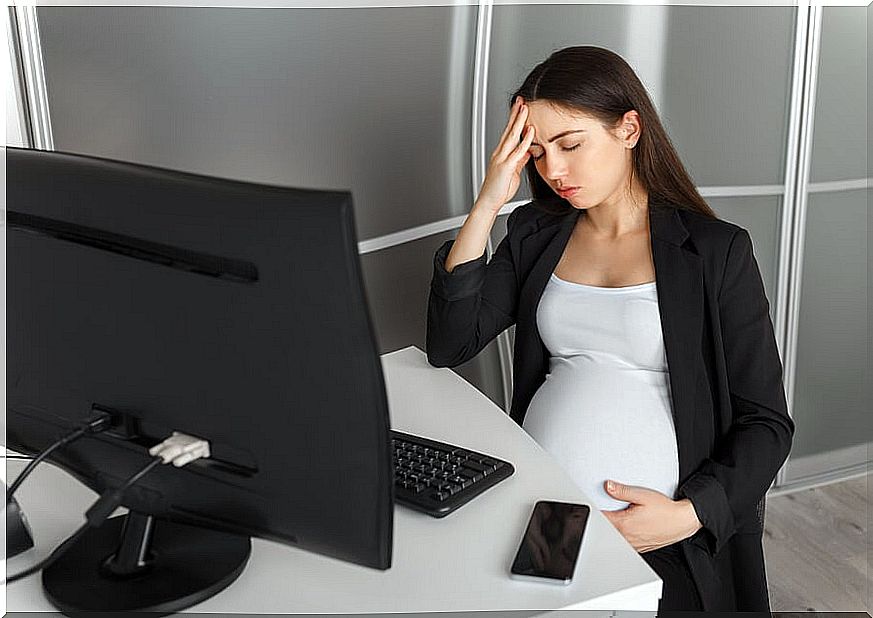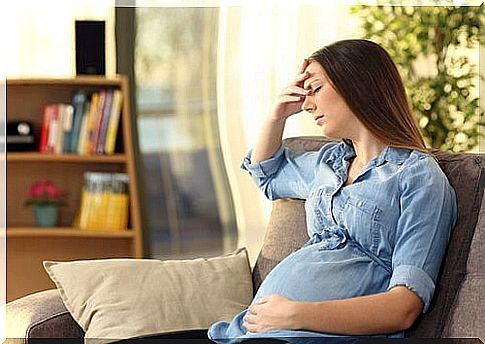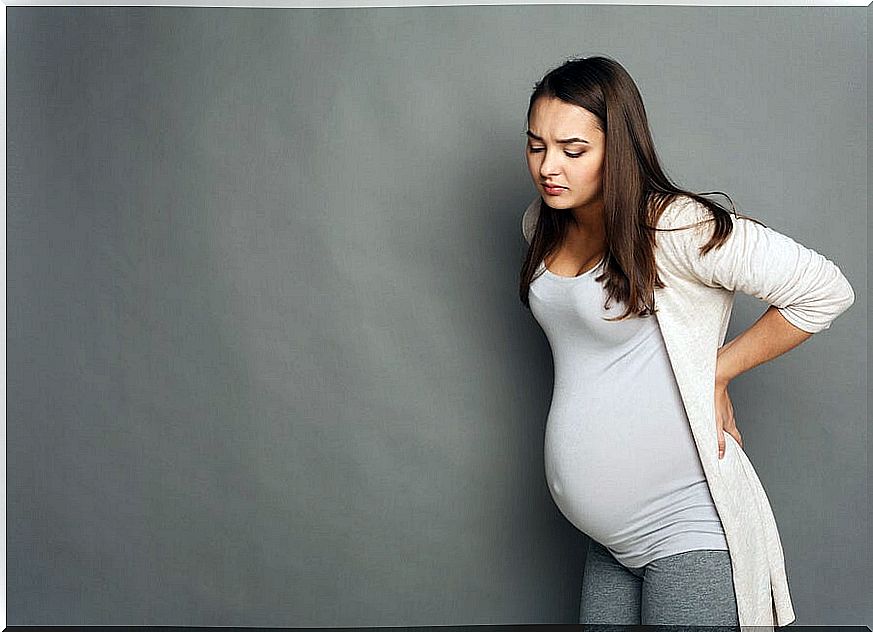Psychological Changes Of Mothers During Pregnancy

There is no doubt that pregnancy is a moment of pure happiness, although it must also be taken into account that it is a stage of emotional fragility. Certainly, the pregnant woman suffers many changes and psychological disorders, such as the feeling of fatigue or intense depression.
The change of the body, the fear of childbirth and the questions about the ability to be a mother cause anxiety in future moms. Unfortunately, the psychological changes during this period are intense and often worrying.
What are the psychological changes in pregnant women that we refer to? How do they manifest? And what are the recommended remedies? Next, we answer all these questions.
Psychological changes of moms during pregnancy
Pregnancy is a period full of physical and physiological changes. In the course of pregnancy, major psychological disorders such as anxiety, depression or psychological fatigue can be experienced.
1. Pregnancy mood swings
Mood swings in pregnant women often appear without any particular logic. They are strongly influenced by hormonal disorders during the first trimester of pregnancy, responsible for altering a woman’s behavior, her perception of things and her mood.
However, pregnancy mood swings can be difficult to cope with as they are usually manifested by strange desires, such as dislike of certain smells or foods, nausea and vomiting in the initial period. This stage is usually marked by questions, doubts about the pregnancy, emotions, anxieties and fears that can cause serious disorders.

2. Depression
Depression is an illness that affects thoughts, actions, and feelings. Some pregnant women are more vulnerable to depression in these phases of their lives, and they experience real suffering.
Also, hormonal changes during pregnancy often cause depression and anxiety. Tensions in the relationship or difficulties in the relationship, coupled with physical discomfort, can cause depression for the pregnant woman.
Depression needs to be treated during pregnancy because it can cause serious problems for the mother, such as miscarriage or premature delivery. Therefore, it also brings problems for the little one, such as giving birth to a baby with little weight.
3. Anxiety
Pregnancy is not necessarily a time of absolute joy; it is also, for many women, a stage of anxiety and fear. The woman’s body undergoes transformations and changes that can interrupt her daily life. In addition, hormonal changes sometimes increase emotional instability, which is why some women suffer from anxiety.
As we mentioned before, future moms experience intense psychological distress during the last months of pregnancy. This period raises many questions and concerns, among which we can highlight:
- Fear of miscarriage.
- The fear of childbirth.
- Concern that the baby is not in good health.
- Fear of losing the baby.
- Uncertainty about the possibility of not being a good mother.
In summary, a pregnant woman’s anxiety can cause an increased risk of preterm labor or having a baby with a very low birth weight. Therefore, it is important to manage this state during the gestation months. Fortunately, in most cases, a woman’s anxiety does not cause major consequences.
4. Psychological fatigue
Future moms experience changes in their physical and psychological state during the three trimesters of pregnancy. These are the main characteristics of each stage:
- First trimester of pregnancy: Hormones like progesterone cause changes in sleep patterns; nausea and vomiting are common during this period. Women feel strong physiological fatigue, with an irresistible desire to sleep.
- Second trimester of pregnancy: Progesterone level decreases; Future moms experience less fatigue, vomiting eventually stops, and sleep disturbances are less frequent. However, fatigue can increase in iron deficiency.

- Third trimester: It is usually marked by the return of fatigue; sleep can also be disturbed. At this point, the uterus and baby begin to weigh on the mother’s body. Therefore, it is natural to feel tired in the final stretch of pregnancy.
In summary, the pregnant woman suffers a marked emotional fragility and great hormonal changes during these nine months. The future mother is subject to major changes and intense psychological disorders. Therefore, you need support, both physical and emotional. The role of the couple is essential!










